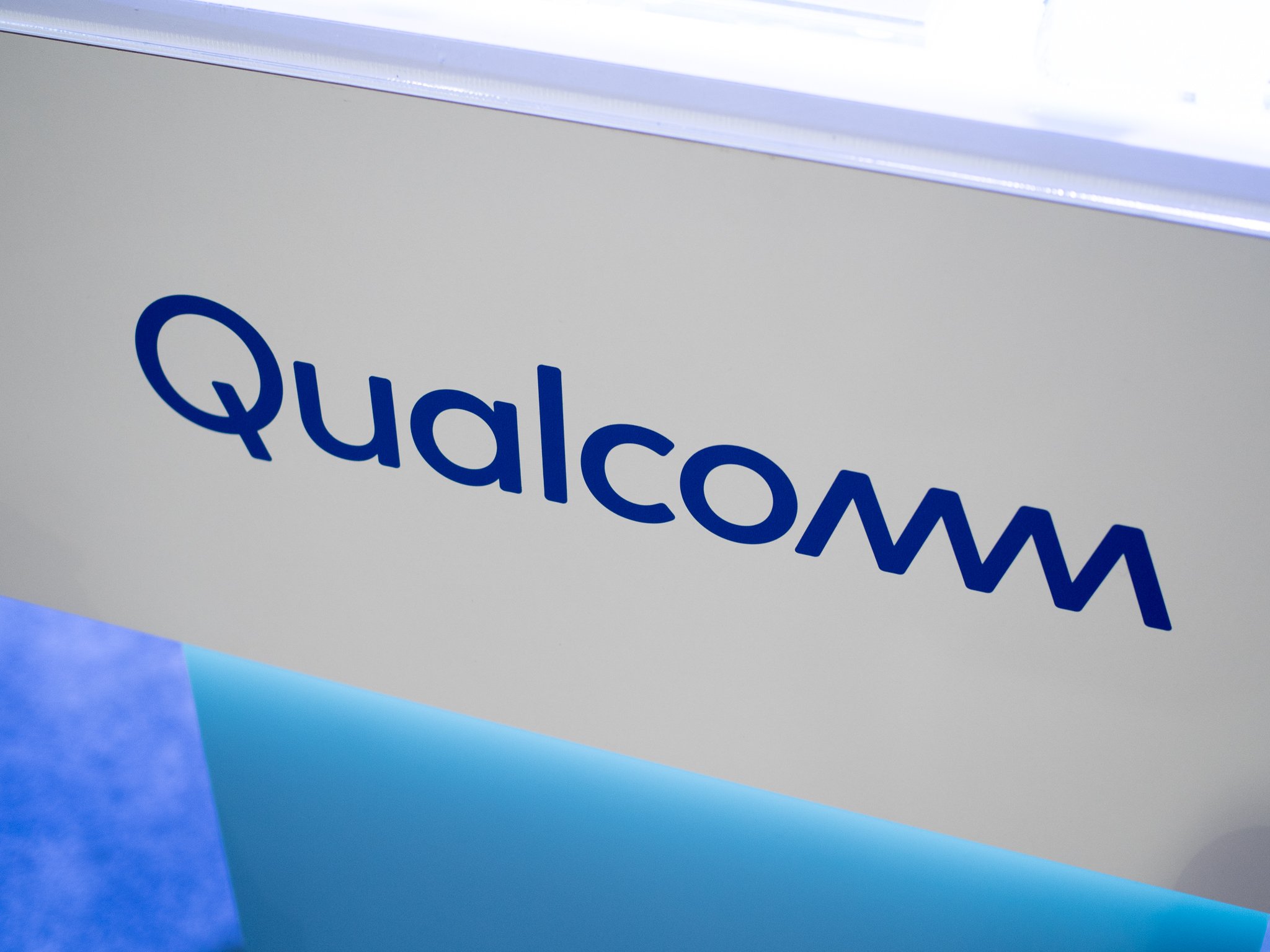Qualcomm's simulated 5G tests show a 20x increase in download speeds over 4G

Qualcomm is touting up its advances in the field of 5G, announcing last week that its upcoming 5G-enabled chipset will be built on Samsung's 7nm node. At Mobile World Congress, Qualcomm is demonstrating the real-world potential of 5G by sharing findings of extensive network simulations it has conducted over the past several months.
Qualcomm conducted two simulations, one in Frankfurt and the other in San Francisco, leveraging existing cell sites in both locations. The Frankfurt simulation modeled a Non-Standalone (NSA) 5G NR network "operating on 100 MHz of 3.5GHz spectrum, with an underlying Gigabit LTE network operating across 5 LTE spectrum bands." The California test, meanwhile, modeled a hypothetical NSA 5G NR network "operating in 800 MHz of 28 GHz mmWave spectrum, with an underlying Gigabit LTE network operating across 4 licensed LTE spectrum bands plus License Assisted Access (LAA) bands."
Qualcomm is quoting heady increases in download speeds from the simulated test in Frankfurt, recording a massive 900% uptick over 4G, 12x increase in speeds for the "10th percentile" user, and a median streaming quality of 8K. Average download latency was also significantly reduced, from 116ms to 17ms:
- Browsing download speeds increasing from 56 Mbps for the median 4G user to more than 490 Mbps for the median 5G user, a gain of approximately 900 percent
- Approximately 7x faster responsiveness, with median browsing download latency reduced from 116ms to 17ms
- File download speeds of 100 Mbps for the 10th percentile 5G user, meaning that 90 percent of 5G users have download speeds of more than 100 Mbps. This is compared to 8 Mbps for the 10th percentile LTE user. .- Median streaming video quality increasing from 2K/30 FPS/8-bit color for LTE users to 8K/120 FPS/10-bit color and beyond for 5G users.
The test in San Francisco yielded even better results, with Qualcomm noting a median download speed of a staggering 1.4Gbps, an uptick of 2000% from 4G. The rest of the statistics followed in the same vein:
- Browsing download speeds increasing from 71 Mbps for the median 4G user to 1.4 Gbps for the median 5G user in mmWave coverage, a gain of approximately 2000 percent
- Approximately 23x faster responsiveness, with median browsing download latency reduced from 115ms to 4.9ms
- File download speeds of more than 186 Mbps for 90 percent of 5G users, compared to 10 Mbps for LTE, a 1,826 percent gain. The median 5G file download speed was 442 Mbps.
- Median streaming video quality increasing from 2K/30 FPS/8-bit color for LTE users to 8K/120 FPS/10-bit color and beyond for 5G users.
With the simulated tests, Qualcomm is showing just how fast 5G is in real-world usage scenarios. Thus far, we've only seen metrics from controlled tests in labs, so the real-world simulations give us an early look at the 5G's potential.
Qualcomm is working with 18 global operators to conduct 5G trials, and the vendor noted that over 20 leading device makers are turning to the Snapdragon X50 5G modem for their devices. With median download speeds surging over 1,000% from 4G, Qualcomm is envisaging a "whole host of new services and experiences" beyond browsing, downloading, and streaming.
The first wave of consumer products with Qualcomm's 5G modem will be making their debut in the first half of 2019. Until then, we'll have to make do with the X24 modem, which tops out at just 2Gbps.
Get the latest news from Android Central, your trusted companion in the world of Android

Harish Jonnalagadda is Android Central's Senior Editor overseeing mobile coverage. In his current role, he leads the site's coverage of Chinese phone brands, networking products, and AV gear. He has been testing phones for over a decade, and has extensive experience in mobile hardware and the global semiconductor industry. Contact him on Twitter at @chunkynerd.
